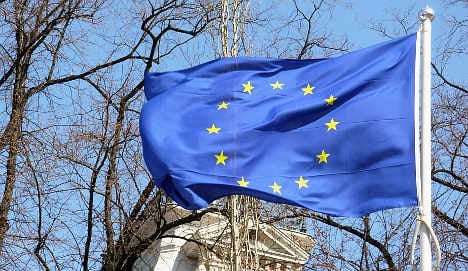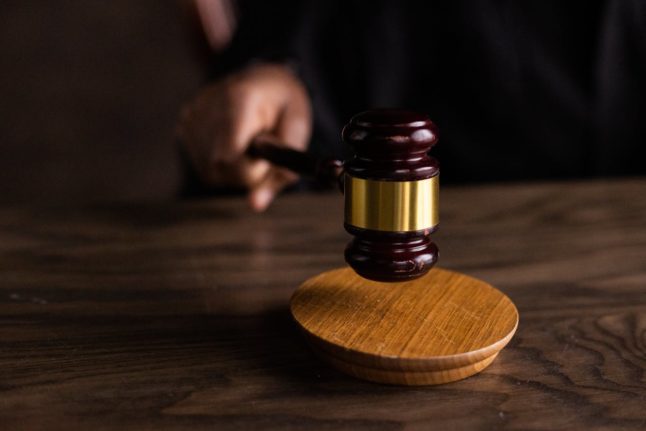EU relations with Switzerland, the most important of the four European Free Trade Area (EFTA) states, should now be given a proper institutional form, a statement from the EU said on Thursday.
Switzerland is the EU's third largest trade partner but was alone among EFTA members, which include Norway, Iceland and Liechtenstein, to be singled out for criticism by the EU which noted progress in its ties with the three others.
The other three EFTA countries are part of the EU internal market through the Agreement on a European Economic Area (EEA), which took effect in 1994.
But Switzerland opted to conclude bilateral agreements with the EU in a range of areas, including movement of persons, transport and technical barriers to trade.
Switzerland's policy of participating in more and more areas of EU policies and programmes through such sectoral agreements "has reached its limits and needs to be reconsidered," Thursday's statement said.
The EU said it wanted to put in place a framework "applicable to all existing and future agreements," which would also provide a legally binding mechanism to cover their implementation.
In June, Switzerland had proposed that this function could be met by its Federal Tribunal but the EU feels that this would not be a fair judge of disputes and their remedies.



 Please whitelist us to continue reading.
Please whitelist us to continue reading.
Member comments